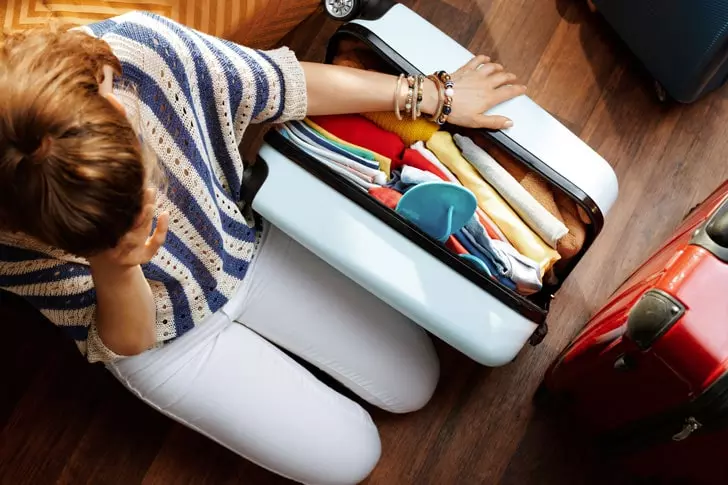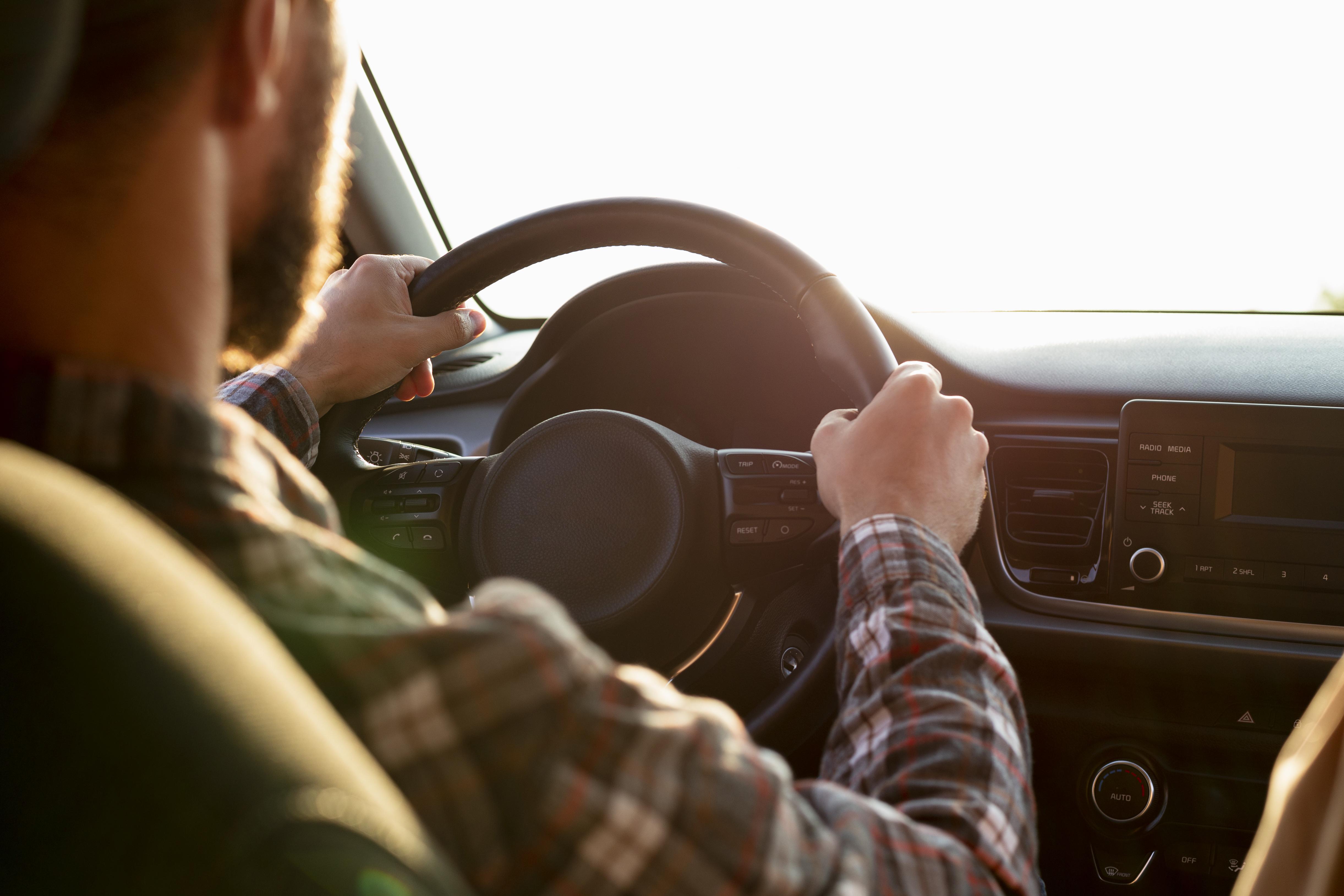Getting to your hotel after a long day’s travel is always a great feeling – but it can quickly turn sour if you come to unpack and realise you’ve left something important sitting on your bed at home. Forgetting items on holiday, whether it’s when you book, as you set off, or on the way home, can be stressful.
To establish what holidaymakers are most likely to forget, we’ve surveyed 2,000 travellers across the UK and Ireland. Our findings have highlighted just how common this issue is!
What are people most likely to forget?
Before they even set off on their trip, 43% of people say they’ve already forgotten something in the booking process. The most common things people forget when organising their holidays are:
Travel insurance: 12%
Extra luggage allowance: 11%
Money / currency: 10%
Booking seats for the whole party to sit together: 8%
Passport renewal: 7%
Forgetting any of these is likely to cause some headaches for you when setting off on your holiday and some, like passport renewal, may stop your holiday altogether.
It’s whilst packing for holidays that most people forget an item. Almost six in ten (57%) holidaymakers admit that they’ve left something at home when embarking on their travels. The most forgotten items at this point are:
Sun cream: 17%
Toiletries: 15%
Phone or device chargers: 14%
Sunglasses: 14%
Pyjamas: 10%
These may not all be catastrophic if forgotten, but totted up, these could eat into your holiday budget if you have to replace them at the airport or overseas.
Over half of people (51%) also forget items when they return from their travels. Easily done, as the holiday blues begin to take over and you try to round up all of your belongings from your hotel room.
The list of most forgotten items on the return leg of the journey is similar to the way out:
Toiletries: 13%
Clothes: 11%
Souvenirs: 11%
Sun cream: 10%
Phone chargers: 10%
What are the consequences of forgotten items on holiday?
When you have to deal with forgotten items, the aftermath often serves as a stark reminder to check all important items before you travel. Our survey respondents highlighted just how much of a significant effect forgotten items can have on a trip.
Primarily, forgotten items are likely to cause you stress. Almost half of those who have forgotten items when going on holiday (45%) say that it has caused them a significant amount of stress and worry.
Almost one-quarter (23%) said that the stress resulting from forgotten items has meant that arguments have erupted between them and the rest of their party. And arguing over who forgot to pack the sun cream isn’t exactly how you want to spend the first few days of your holiday! Forgetting items can also have more tangible effects on travellers. Almost one in six holidaymakers (15%) who have forgotten an item said that doing so incurred them significant costs. These costs stem from the necessity of having to replace essential items whilst abroad, affecting holiday budgets.
One in ten (11%) have even ended up missing a flight owing to a forgotten item. Often, the choice comes down to whether you want to scramble around and try to collect the item from home before your departure, or just accept you’ll have to make do without.
Often the choice is made by the nature of the forgotten belonging. The most significant item for British holidaymakers is the foreign currency they’ll be spending overseas. 44% of respondents said they wouldn’t go overseas without it. Mobile phones came up next on the list, with almost four in ten people (38%) saying they’d skip a trip if they arrived at the airport, only to realise their phone was back at home. This is higher than the number of people who said forgotten medicine would cause them to cancel their trip, which sits at just 30%.
One-third of those asked (33%) also said that they wouldn’t travel if they couldn’t access their travel insurance documents. Before you travel, remember to print out your insurance documents and keep them with your passport and boarding passes. Also, save electronic copies on your phone or in your internet bookmarks, so you can easily find them. This goes for all types of insurance necessary for your trip, including car hire excess insurance.
How to stop yourself forgetting items
Put together a packing checklist: This might sound like an obvious point, but it’s an important one. The simple act of actually writing your checklist will prompt you to consider what you need to take and hopefully highlight what you might otherwise have forgotten. As you start packing, individually tick off items as you put them in your case, so you know you’ve got them.
Give everyone specific items to remember: Taking everything on yourself might mean something gets missed. If you’re travelling as a group or family, assign everyone things to ensure it all gets packed so the responsibility does not lie with one person. Some people will be naturally better at remembering than others, for example, 26% of people said their spouse is most likely to forget something, 19% said it was them, and 18% said it was their kids. Remember to account for this when dividing up responsibilities.
Pack tidily: No matter how carefully you pack there’s always going to be those panicky moments where you just need to check that a certain item is in your bag. Doing this is much easier if your bag is neatly packed, rather than a jumble of clothes, toiletries and other articles. Fold everything and try to keep it in logical sections for ease.
Always have a last sweep: Whether you’re leaving your house to go on holiday, or heading back home from your travels, always have a last look over your room. This will help prevent those pesky important items, like phone chargers and toothbrushes, getting left behind.
Our research in this area has highlighted that forgotten items on holiday can cause significant issues for people, but if you try a couple of the tips above, you should be able to avoid these problems and have the fantastic, relaxing holiday you deserve!









